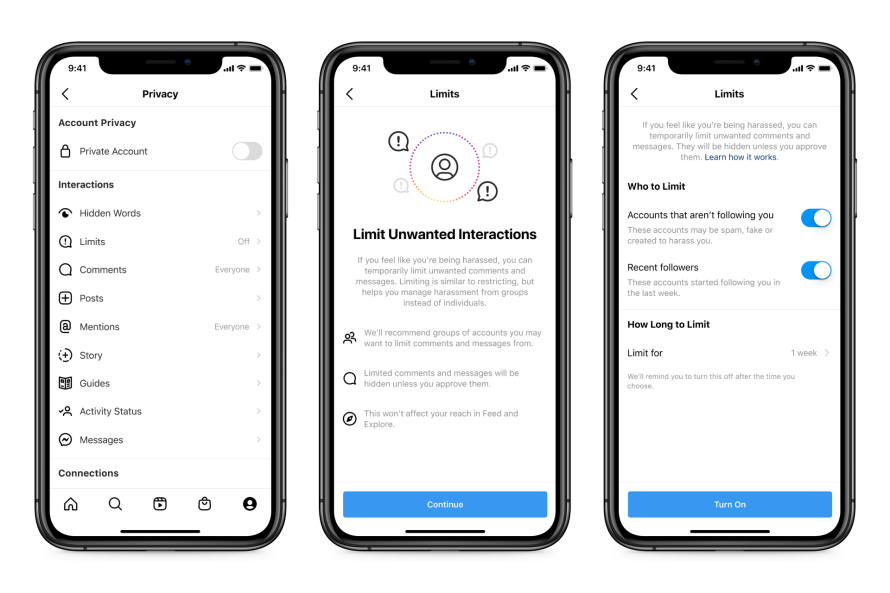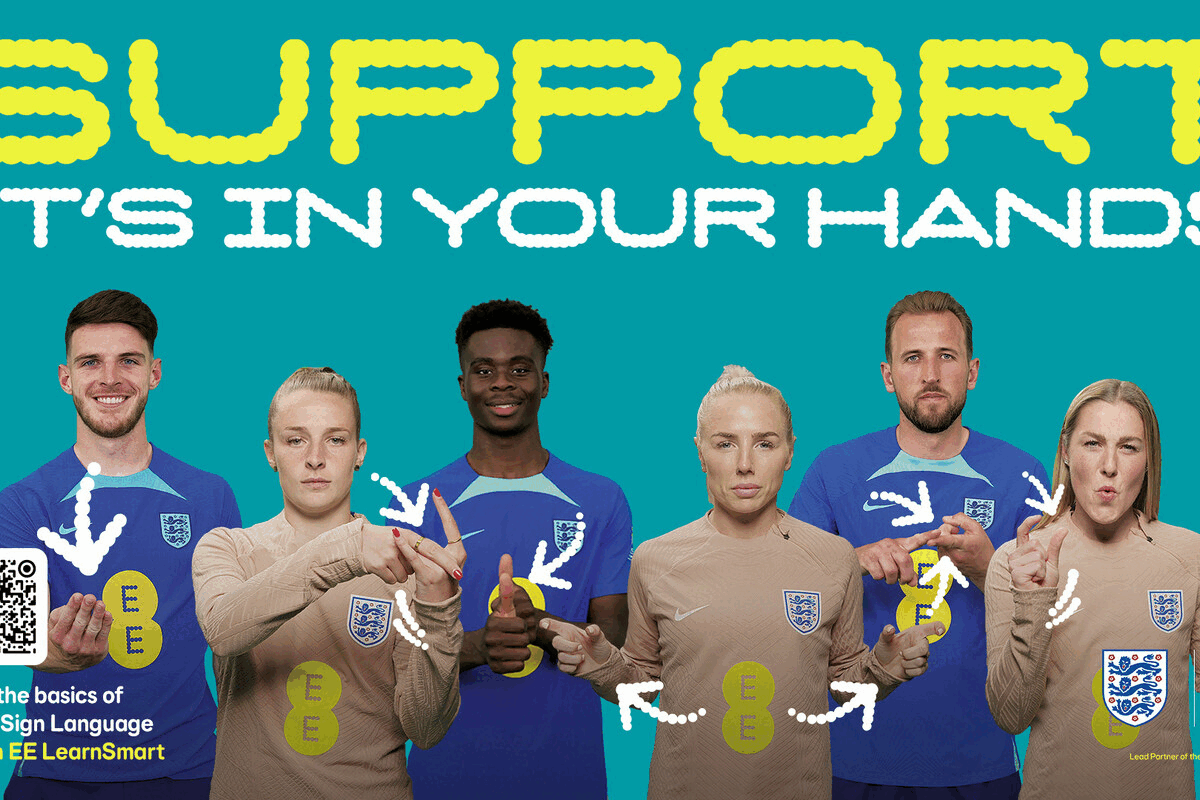Facebook moves to protect Instagram users from abuse on the platform
- Wednesday, August 11th, 2021
- Share this article:
 Facebook has introduced a raft of measures designed to protect Instagram users from abuse on the platform. They include the ability for people to limit comments and DM requests during spikes of increased attention; stronger warnings when people try to post potentially offensive comments; and the global rollout of Instagram’s Hidden Words feature, which allows people to filter abusive DM requests. The moves were revealed in a blog post by Head of Instagram, Adam Mosseri.
Facebook has introduced a raft of measures designed to protect Instagram users from abuse on the platform. They include the ability for people to limit comments and DM requests during spikes of increased attention; stronger warnings when people try to post potentially offensive comments; and the global rollout of Instagram’s Hidden Words feature, which allows people to filter abusive DM requests. The moves were revealed in a blog post by Head of Instagram, Adam Mosseri.
When the Limits feature is turned on, it will automatically hide comments and DM requests from people who don’t follow the user, or who only recently followed them. Facebook said it has research showing that a lot of negativity towards public figures comes from people who don’t follow them, or who have only recently followed them, and who simply “pile on in the moment.” Limits enables users to hear from their long-standing followers, while limiting contact from people who might only be coming to your account to target them. The feature rolls out globally today.
On the warnings when people try to post abusive comments, Instagram currently posts an initial warning, followed by a stronger warning if the user tries to post potentially offensive comments multiple times. This explains that the comment may be removed or hidden if they proceed. Now, rather than waiting for the second or third comment, Facebook said it will show this stronger message the first time.
Finally, to combat abuse in DMs and Comments, Facebook is rolling out Hidden Words, previously only available in a few countries, globally. This enables users to automatically filter offensive words, phrases and emojis into a Hidden Folder, that that never have to open. It also filters DM requests that are likely to be spammy or low-quality. The feature will be available globally by the end of the month.
Separately, Facebook has also removed hundreds of accounts operating out of Russia which it said were involved in anti-vax disinformation campaigns. The campaign involved recruiting influencers to undermine confidence in COVID-19 vaccines by disseminating false information about them.
















